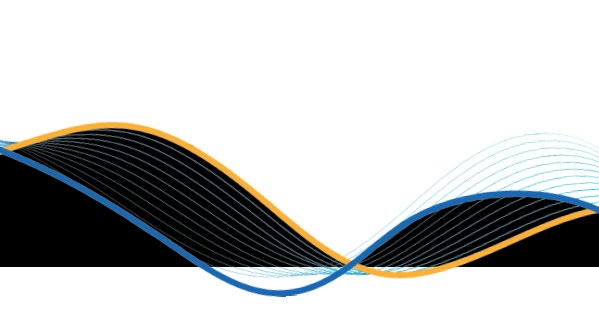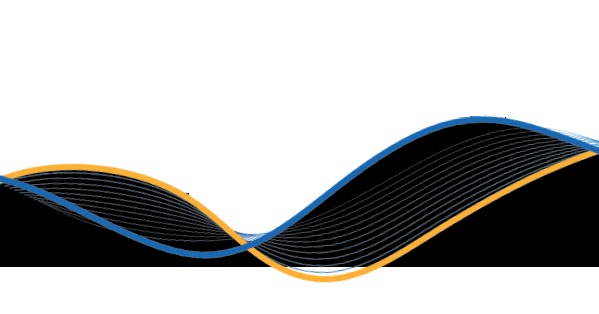

TCS
Companies are shifting from product-centric approaches to subscription-based, Everything-as-a- Service (XaaS) models, unlocking new monetisation opportunities.
supply chains, affecting everything from semiconductor manufacturing regulations to nations competing with each other for dominance.
“The industry is moving beyond conventional sales models,” says Prashant.
To navigate these challenges, companies must prioritise resilience, adaptability and trust in their operations.
“ Customers demand flexibility, personalisation and outcome-based services. This shift requires organisations to rethink their technology architecture, streamline operations and create agile, scalable business models.”
Moreover, mergers and acquisitions (M&A) are reshaping the competitive landscape, particularly in the semiconductor and electronics segments.
This shift is changing how these companies design their services, create go-to-market models and collaborate with ecosystem partners.
Companies must integrate acquired businesses swiftly while maintaining operational continuity – a challenge that demands a robust enterprise applications strategy.
Macro-economic factors are adding complexity to globally distributed
202
May 2025
 CREDIT : XXX
CREDIT : XXX
TCS
“By decoupling core processes from differentiating capabilities, companies can respond faster to market shifts, integrate emerging technologies like AI and Gen AI and continuously evolve their business models”
Therefore , under these conditions , high-tech companies prioritise creating disruptive innovations while building adaptable , resilient operations that can sustain profitable growth .
The complexity extends to hybrid manufacturing models that blend in-house production with subcontracted manufacturing all supported by multi-tier supply chains .
This intricate network of relationships demands seamless information flow and operational efficiency – challenges that TCS addresses through its technology solutions .
PRASHANT SHIRGUR,GLOBAL HEAD OF ENTERPRISE SOLUTIONS FOR TECHNOLOGY, SOFTWARE AND SERVICES INDUSTRY, TATA CONSULTANCY SERVICES
203
technologymagazine .com
TCS
To stay ahead, enterprises must embrace a new paradigm – one that eliminates friction, accelerates automation, and enables intelligent, self-driven operations.
“Enterprises must embrace frictionless autonomous enterprise principles to stay ahead,” Prashant emphasises.
“TCS and SAP are driving this shift through AI, automation and industry-specific cloud solutions, ensuring agility, efficiency, and continuous innovation.”
Through this collaboration, TCS is reshaping how high-tech enterprises adapt, scale and thrive in a world of accelerated transformation.
SAP S/4HANA and TCS Crystallus™: The centrepiece of transformation TCS is redefining how high-tech enterprises approach transformation, placing TCS Crystallus™ at the hear of its strategy.
More than just a framework, TCS Crystallus™ serves as a blueprint for business reinvention, combining industry-specific accelerators with the latest SAP innovations to enable seamless, scalable and futureready enterprise operations.
Prashant describes TCS Crystallus™ as “a set of pre-configured industry accelerators that not only help clients visualize their futurestate business processes but also provide a clear execution roadmap for transformation.”
By offering an experiential journey, TCS allows customers to see, interact with and refine their business transformation approach before full-scale implementation – minimising value.
“We are one of the very early adopters of the SAP high-tech template,” Prashant reveals, highlighting a North American print and digital
204
May 2025
services company that is leveraging the high-tech template complemented by TCS Crystallus™ to transform its operations.
Beyond implementing SAP’s core solutions, TCS collaborates with SAP on co-innovation initiatives, addressing industry-specific gaps with a composable ERP architecture, ensuring that high-tech enterprises can optimise complex business models without unnecessary customisation in the core.
TCS Crystallus™ is built on three trategic layers, ensuring agility while maintaining a clean digital core.
The digital core on SAP S/4HANA provides a standardised, future-ready ERP foundation.
The composable ERP on SAP Business Technology Platform (BTP) extends core capabilities with modular, cloud-based enhancements.
205
technologymagazine .com